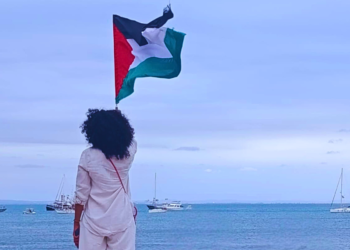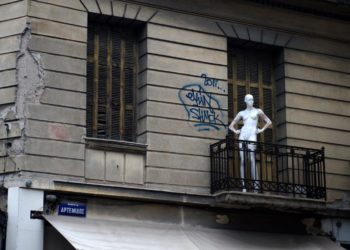The Sumud Flotilla: Women at the heart of the cause
On September 15, 2025, the vessels of the Global Sumud Flotilla left Tunisia to offer support to Gaza and break the two-year humanitarian and maritime blockade. This report highlights women’s commitments in organizing, fundraising, and providing medical and legal support, as well as the personal experiences and sacrifices made by those who have taken part in this mobilization.




































